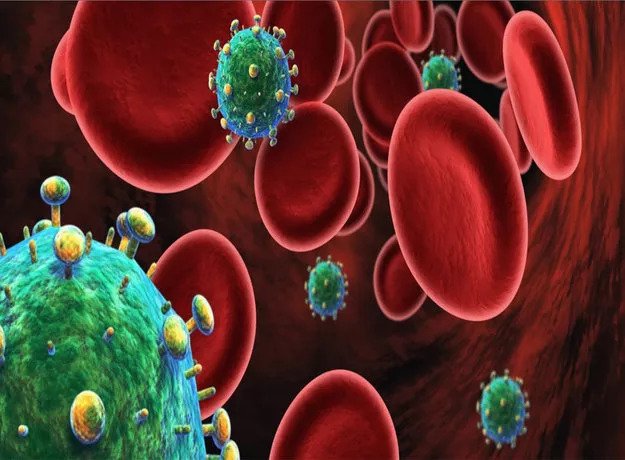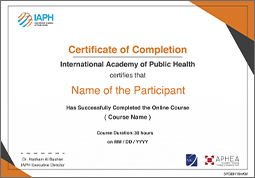Multidrug Resistance
Description
Multidrug Resistance is an antimicrobial resistance demonstrated by a microorganism species to at least one antimicrobial drug in three or more antimicrobial categories. Antimicrobial categories are antimicrobial agent classifications based on mode of action and specificity to target organisms. Resistance to tuberculosis (TB) drugs is a formidable obstacle to effective TB care and prevention globally.
Multidrug-resistant TB (MDR-TB) is multifactorial and fueled by improper treatment of patients, poor management of supply and quality of drugs, and airborne transmission of bacteria in public places. Case management becomes difficult and the challenge is compounded by catastrophic economic and social costs that patients incur while seeking help and spending on treatments.
Learning Outcomes
- Apply interdisciplinary epidemiology approach to study TB, HIV and malaria drug resistant
- Identify factors that influence HIV, TB and malaria drug resistance
- Apply strategies for minimizing development of drug resistance
- Apply strategies for responding to detection of moderate to high levels of drug resistant HIV, TB and malaria
- HIV Drug Resistance
- The HIVDR Laboratory Network
- Laboratory Diagnosis of HIVDR\
- Control of HIVDR
- Epidemiology of TBDR
- Lab Network for Management of TBMDR
- Rapid Diagnosis of TBDR
- Xpert MTB/RIF
- Multidrug-Resistant Tuberculosis (MDR-TB) Control Strategies
- Challenges to Programmatic Management of Drug-Resistant TB
- Malaria Drug Resistance
- Therapeutic Efficacy Studies


Certificate
